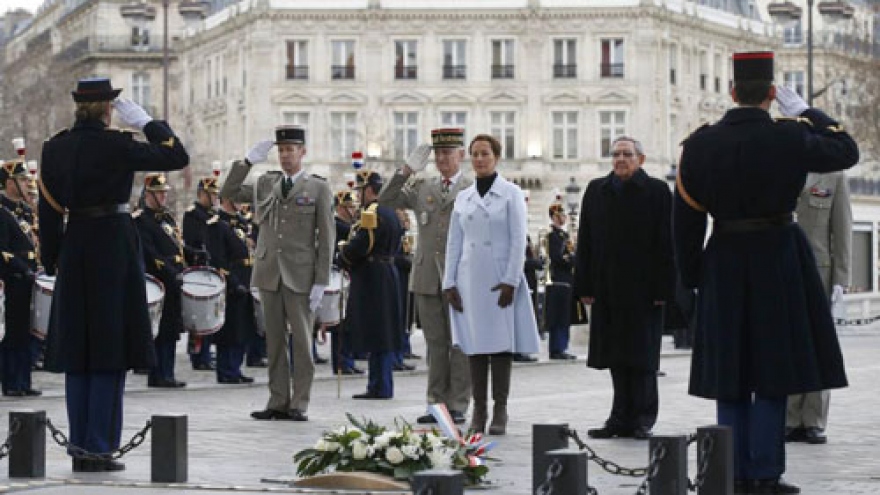In the first visit by a US president to the Caribbean nation since 1928, Obama will meet entrepreneurs and people from different walks of life during the trip on March 21 and 22, but he is unlikely to see Fidel Castro, the former president and revolutionary leader, US officials said.
The White House hopes Obama's trip will help accelerate change on the Communist-run island and cement progress made under his watch, but Republicans at home complained that it would give legitimacy to Cuba's oppressive government.
"Next month, I'll travel to Cuba to advance our progress and efforts that can improve the lives of the Cuban people," Obama wrote on Twitter.
The opening to Cuba was a diplomatic feat that is likely to form part of Obama's foreign policy legacy along with the nuclear deal he struck with another long-time US foe, Iran.
Officials decided that traveling to Cuba now rather than at the end of Obama's term would give them more leverage to make progress on expanding Internet access and opening up business opportunities for Cubans and Americans.
Obama regularly meets with civil society groups when he travels abroad, and officials said this trip would be no different.
Josefina Vidal, the director of US affairs for the Cuban Foreign Ministry, said the Cuban government is willing to talk with the United States about its concerns.
The United States has upheld a strict economic embargo on Cuba for more than 50 years, providing the Cuban government with a strong propaganda tool against Washington.
